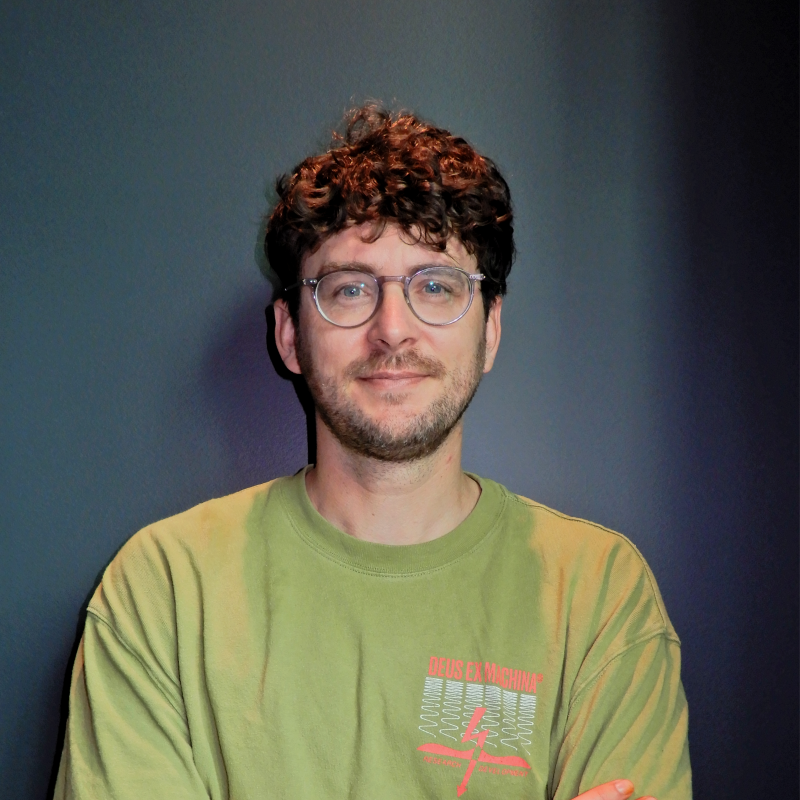Supervisors

- Position
- Professor
- Division / Faculty
- Faculty of Science

- Position
- Postdoctoral Research Fellow
- Division / Faculty
- Faculty of Science
Overview
https://research.qut.edu.au/environment/https://research.qut.edu.au/environment/The accelerating impacts of climate change on coral reefs have led to a pressing need for innovative, synergistic, and sustainable approaches to protect and restore reefs at an increasing scale. One consequence of reef damage is mobile and unconsolidated coral rubble debris that can hinder coral survival and growth and, therefore, prevent reef regeneration and recovery. Currently, no interventions exist specifically designed to stabilise and bind coral rubble that meets the scalable, cost-effective and eco-friendly requirements by not permanently introducing foreign materials into the reef environment at high-cost. While acknowledging that materials used in restoration efforts will inevitably have some environmental footprint, it is imperative to develop more sustainable alternatives to minimize this impact. We have been investigating the potential of underwater bioadhesives as a sustainable, cost-effective, and scalable solution for both direct interventions and integration into existing restoration practices.
Under the Australian Reef Restoration and Adaptation Program (RRAP), a suite of underwater bioadhesives has been developed to support rubble stabilisation methods. Derived from readily available plant waste, underwater bioadhesives show promise in laboratory trials as a sustainable, innovative solution. Our work to date has focussed on bioadhesive formulations and strength testing. Determining how best to scale up the application of underwater bioadhesives from laboratory to reef scales for testing is our next step. The aim of this VRES project then is to develop an improved understanding of how the bioadhesives interact with rubble beds and identifying best practices to maximize application efficiency and return on effort. This project will contribute to an ongoing research program as part of the multi-million dollar Reef Restoration and Adaptation Program and is interdisciplinary bringing together QUT Chemists involved in the formulation of the underwater bioadhesive and Earth Scientists in its application.
Research engagement
The VRES student will undertake some literature review, lab-based experiments including experimental design, data analysis and interpretation.
Research activities
The main focus of activities in tis VRES project will be to undertake laboratory trials to test deployment techniques for the bioadhesives in preparation for larger-scale field trials in 2025. VRES work will: 1) Test new techniques for dispensing bioadhesives underwater to determine the most effective balance for achieving rubble stability; 2) Begin testing different bioadhesive forms (eg, mesh/netting) to asssess bioadhesive performance in binding and stabilising coral rubble; and 3) Quantify the mechanical properties (viscosity, adhesion strength, cohesion, etc.) of the bioadhesive to ensure the bioadhesive form.
Outcomes
The main outcome of this VRES project is to provide improved confidence in the application of underwater bioadhesives for rubble stabilisation as a prelude for larger field trials. Novel designs and deployment techniques will be tested for the first time in this project.
Skills and experience
Students with a background in Earth, Environmental or Biological Sciences and some proficiency in statistical methods are preferred. Experience in coral reef environments and ecosystems, granular materials, and a capacity to learn new and relevant technology and software for data analysis and imaging, and ability to work and communicate in a diverse interdisciplinary team are highly desirable.
Start date
1 December, 2024End date
10 February, 2025Location
QUT Gardens Point
Keywords
Contact
Brett Lewis, bm.lewis@qut.edu.au